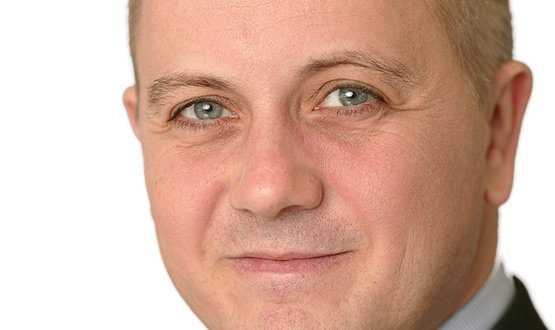The new customer service platform being developed by the NHS Commissioning Board will invigorate small and medium-sized enterprises by creating a “market place to beat all market places in healthcare.”
NHS CB national director of patients and information Tim Kelsey told attendees at a Digital by Default conference in London yesterday that the “alpha launch” of the new platform will be next April and it will be fully launched in November.
NHS Choices and the online version of NHS Direct and NHS 111 will be merged into one point of access and patients will be encouraged to use it, “in preference to engaging with the physical services.”
Kelsey said the platform, described by NHS chief executive Sir David Nicholson as the “daughter of NHS Choices", will provide transactional services where people will be able to book appointments, order prescriptions and access their GP records online.
“It’s online banking, but for the health service,” he explained.
The patient platform will not be a closed community, but an open market place for providers who have tools and services that they want to promote to patients and professionals.
This open architecture will demonstrate the health service’s commitment to a more open future that will invigorate the SME market, Kelsey added.
“Hopefully it will be the marketplace to beat all market places in healthcare.”
Another component of the patient platform will be its focus on patient participation.
Kelsey said the CB is “going to introduce 311 into the NHS” as a way of encouraging patient feedback.
311 is a service operated by US cities that enables people to access and feed back information about government services via the web, phones, Skype, Twitter and apps.
Kelsey said a similar service can be used to ensure patients who want to engage with the NHS are listened to and responded to, in real time.
The patient platform will also be a "credible" and "authoritative" source of information.
Kelsey told the conference that at the end of the era of NHS Connecting for Health and the National Programme for IT in the NHS, the UK still does not have a “truly personal customer-oriented health service.”
There is a group of clinicians who remain highly sceptical about the use of IT in healthcare and the importance of data and openness.
“This is not about technology, it’s about culture and change and explaining to people why this is not just a new fandangle thing, but something that will fundamentally improve the sustainability of our health services,” he added.
“This is about the tools for a new health service. The commissioning board is based on two operating principles – transparency and participation – and in both cases we are deadly serious.”
The government’s open data plans are key to this transformation.
“I would like to create a data environment so rich that you guys [suppliers] can come and start developing digital platforms that will truly revolutionise things,” he said.

